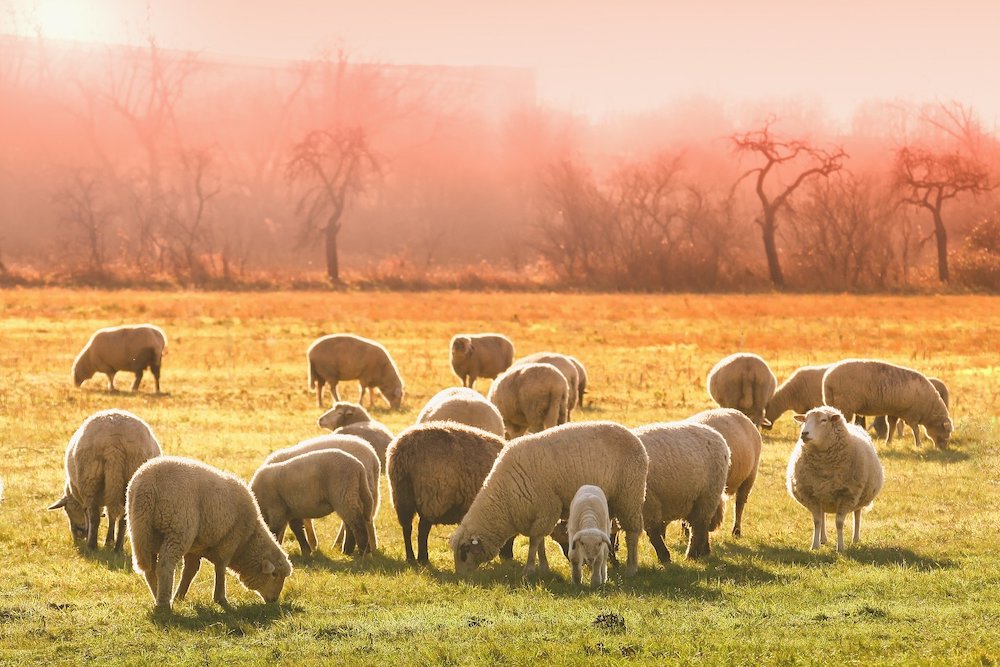Farming community reacts to climate change report
27th January 2020
The latest report from the Committee on Climate Change (CCC) calls for a ‘transformation’ in land use across the UK to achieve net zero greenhouse gas emissions by 2050. A

The latest report from the Committee on Climate Change (CCC) calls for a ‘transformation’ in land use across the UK to achieve net zero greenhouse gas emissions by 2050.
A series of recommendations calls for more trees to be planted and the consumption of beef, lamb and dairy to be reduced by 20 per cent per person.
The CCC also encourages low-carbon farming practices, restoring peatlands, planting more energy crops and cutting food waste.
According to the report, land use including agriculture, forestry and peatland accounted for 12 per cent of total UK GHG emissions in 2017, though it recognised that emissions from UK beef is less than the global average. With the right support, the committee says farmers and land managers could reduce emissions by almost two-thirds.
On the whole, farming organisations have welcomed the report, which recognises that reducing emissions should not come at the cost of producing less food in the UK and increasing imports.
Responding, NFU president Minette Batters noted that plant-based foods are not necessarily more environmentally friendly, however.
“It all depends on where and how the ingredients have been produced, the environmental pressures involved in its production, the environmental management associated with that country’s agricultural system and the environmental resources available, as well as how far the product has travelled,” she said.
“Sixty-five per cent of British land is only suitable for grazing livestock and we have the right climate to produce high quality red meat and dairy. Therefore, it makes sense that, when talking about environmental impact, as the report suggests, the public continues to support British livestock production.”
She added that British farmers are “very much part of the solution”. She believes the UK can be more ambitious with cutting food waste, reducing it by 50 per cent throughout the supply chain, which would alleviate pressure to make dietary changes.
Similarly, the AIC supported the direction and intentions of the report, but said we should “turn the volume down on the general debate which pitches farming against climate change, and look at the value of UK farming and use in becoming more resilient to climate change and the opportunity for farmers to grow carbon.”
The trade association recognised that feeding crops and feeding animals is one of the largest contributing factors when it comes to farm GHG emissions. It said while the agri-supply industry has reduced emissions from products and use by 30 per cent in the past 30 years, there is significant scope and need to do more.
Meanwhile the Country, Land and Business Association (CLA) said it was particularly pleased that following its previous report, the CCC has significantly lowered its calls for a reduction in cattle and sheep numbers, from 46 per cent to 10 per cent. It also said it was pleased to see the committee had taken on board proposals to make tree planting an attractive option for land owners.
CLA president Mark Bridgeman said: “Many of our members are already taking steps to move towards low carbon farming practices and are keen to encourage the rapid adoption of new technologies and innovation.
“However, while it is important to examine how the regulatory baseline needs to change to support climate change, there needs to be a clear case for change and the wider needs of both farming and nature must be considered. An extension of Nitrate Vulnerable Zones, for example, must be evidence based and take into account the varied nature of land management.”
Mr Bridgeman noted, however, that the report opted not to look at soil carbon storage, adding that it is “an important part of the wider picture and can’t be ignored when looking at climate change action in the land use sector”.


